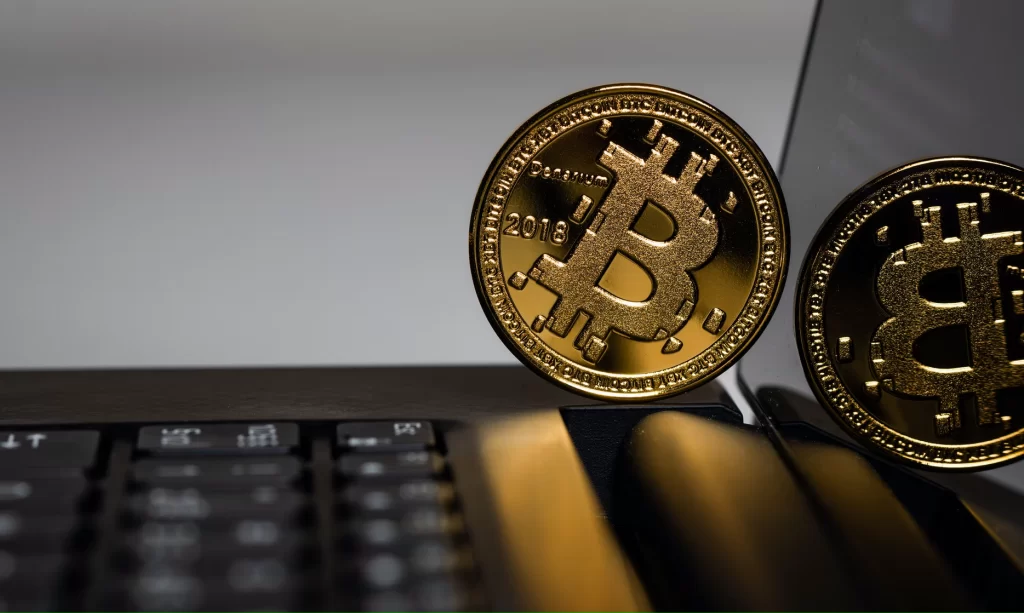Today it’s difficult to find a person who isn’t interested in or has never heard of the cryptocurrency Bitcoin. The number of bitcoin acceptance facilities is constantly growing. Business centers, retail outlets, and stores around the world accept bitcoins and other cryptocurrencies.
While this is a good reason why it’s so popular, there’re a number of other indicators of why bitcoin is in demand from people around the world. So anyone who has ever made any kind of transfer may have wondered if bitcoin transaction history is public.
Can your bitcoin transaction history be public
Bitcoin is trying to become the universal means of payment around the world, competing with fiat money. Some people prefer to just hold bitcoins, hoping that their value will rise in the future, but the whole point of cryptocurrencies is to use them, that is, to spend them. However, there’re also a lot of people who spend them. They make purchases and transfers. To send bitcoins to someone, you need two things: a bitcoin address and a private key.
In fact, they’re randomly generated and are a random sequence of letters and numbers. A private key is also a sequence of letters and numbers, but unlike your bitcoin address, it’s kept secret. You can think of your bitcoin address as a transparent deposit box. Another important thing is that bitcoins exist only as records of transactions that took place between addresses.
The balance on which, then increases and then decreases. Every transaction that ever took place is stored and is called this blockchain. If you want to know the balance of any of the bitcoin addresses, you’ll not see anything in it when you look at that address. You’ll have to calculate the balance by looking at all the transactions that belong to that address and are stored in the blockchain.
How bitcoin transactions work
The process is quite simple, it is worthwhile to understand the basic aspects of how bitcoin transactions work. Sending BTC requires access to the public and private keys associated with the required number of bitcoins. This means that a person has access to a pair of keys which consist of a public key and a unique private key corresponding to it. Public keys, also called bitcoin addresses, are a random sequence of letters and numbers.
It works much like an email address or a social network user name. It’s public, so you can share it with others without fear. In fact, you have to give your Bitcoin address to others when you want them to send you BTC. A private key is another sequence of letters and numbers. However, private keys, just like email or other account passwords, must be kept secret.
How to protect your privacy so that your bitcoin transaction history isn’t public
Bitcoin is often presented as an anonymous payment system. However, in fact, Bitcoin is probably the most transparent payment system in the world. At the same time, Bitcoin can provide acceptable levels of privacy if used correctly. Always remember that it’s your responsibility to use best practices to protect your privacy.
Bitcoin operates with an unprecedented level of openness that most people just aren’t used to. All bitcoin transactions are open, traceable, and permanently stored on the Bitcoin network. Since users usually have to reveal their identity in order to receive services or goods, Bitcoin addresses cannot be completely anonymous.
In this regard, bitcoin addresses should only be used once, and users should be careful not to reveal their addresses. To protect your privacy so that your bitcoin transaction history isn’t public, you should keep in mind some simple guidelines:
- Be careful in public places. If your goal is to get donations or open payments, don’t worry. However, displaying your bitcoin address in a public place, such as a web page or social network, is a bad idea from a privacy standpoint.
- Use the new addresses to receive payment. To protect your anonymity, you must use a new bitcoin address every time you receive payment. In addition, you can use multiple wallets for different purposes. This way you isolate your transactions so that no one can link them to each other.
- Be careful about the security of your IP address, as it can be fixed. Since bitcoin is a decentralized network, it’s possible to keep track of transaction relays and store their IP addresses. You can hide your computer’s IP address with third-party tools so that it cannot be traced.
Therefore, if you want to, you can also track bitcoin. Although it’s a digital currency that can easily be created, moved, and stored outside of a financial institution, every payment is logged. That is, blockchain is the so-called place where transactions are stored.






